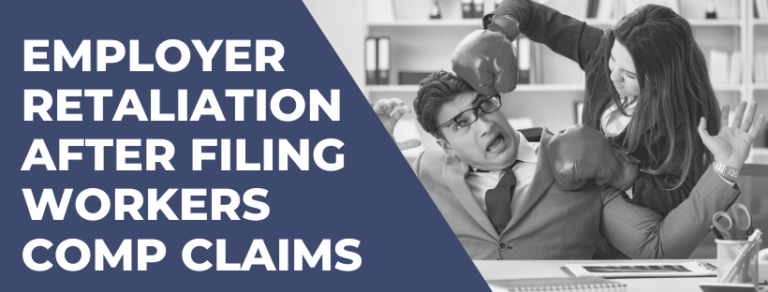If you’ve been injured at work, you may be entitled under South Carolina law to a workers’ compensation settlement from your company. But to maximize the value of your settlement, it’s important you learn more about the process and the steps involved. Our team has decades of experience helping clients settle workers comp claims.
In this new post, we’ll explore questions to ask about worker compensation settlements, so you have the information you need to see if you can proceed with a claim of your own.
1. What Determines My Work Injury Settlement Amount?
One of the first thoughts you might have about workers comp settlements is how much a payout might be. It’s important to figure this out, so you’ll have an idea of how much you might get. Factors to consider when calculating a potential workers’ compensation settlement include:
- The paycheck that you would be receiving if you were working.
- The seriousness of the injury.
- Any continual medical treatment you may require.
- How your injuries might impact your ability to work.
In discussions with your company, which may include a personal injury lawyer you hire to help make sure you get the best possible result, each of these elements will be reviewed and a final amount will be offered. It’s up to you, and perhaps along with advice from your lawyer if you wish to settle or reject the offer.
2. Can I Sue My Employer or Coworker?
In most cases, you cannot sue your employer or coworker for injury or illnesses suffered as a result of their negligence. You can only apply for workers comp settlements to pay for your lost wages and medical bills. But if a defective product leads to your injury, you might be able to sue the manufacturer directly. And if an assault committed by your coworker caused your injury, you may be able to pursue a separate civil claim.
3. What Are My Options if the Claim Is Denied?
If your claim for a work injury settlement is denied, you have many options available to you. It’s important to contact a workers’ compensation lawyer immediately to learn more about these options and devise an ideal strategy to address your claim.
By denying your claim, the insurer states they should not have to pay for your medical care and that any injuries you have suffered are not their responsibility. You may then file a claim with the industrial commission so that your claim can be heard in court. This process will require extra time, but it is crucial to utilize this option if the insurance company is not open to settling your claim through the traditional workers compensation settlements processes.
4. When Should I Settle a Workers’ Comp Claim?
One of the most critical questions to address when reviewing your case alongside your attorney is, “When should I settle my claim?” Your attorney can help you answer this question when they know the circumstances of your claim and the background of your working history with the company.
It’s often recommended that you have completed all treatments before you pursue a work injury settlement, as this will provide the judge overseeing your case with a full view of your medical costs and the hardships you’ve faced during treatment. It’s crucial you speak with a local workmans comp settlements attorney before determining the timeline for your case.
5. How Long Will the Process Take?
Knowing how long workers comp claims take can prepare you for the months ahead, both mentally and financially. There are many financial burdens associated with worker compensation settlements — you’re out of work and possibly running out of savings while you wait for the case to resolve, for instance.
Having a full understanding of the timing of the process will give you a clear mind about the steps to take.
In most cases, your attorney can provide you with a reference guide for the timing of the settlement process. But once you agree to an offer, the process is clear-cut. You will have your agreement signed by your attorney and the attorney for the opposing side, which may take a week or two. The agreement must then be approved by a workers’ compensation judge, which can take up to two weeks. Once the judge approves the worker compensation settlements, it will take approximately 30 days before you receive your check.
6. How Much of the Final Settlement Amount Will I Receive?
That is an important question for those looking to maximize the money in their pocket after a settlement has been finalized. Your attorney should ensure that any medical expenses are paid for either by the insurance company or included within the work injury settlement. So medical care might make up a significant portion of the payment.
You should always ask for the final amount after the attorney’s fees have been deducted. This will help ensure you understand the final amount due to you. By working alongside your attorney, you can discuss the final settlement and determine how best to allocate the resources provided.
7. Should I Settle the Case If the Insurance Company Is Pressuring Me?
Often during workers’ comp settlement cases, the injured party finds that they’re subjected to immense pressure from the insurance company to settle their case. The pressure can often lead to those with solid cases simply settling their claim just to stop the stress. If you’re unsure how the injury will impact you in the long term, you should not be pressured to settle your case.
If you find that the insurance company is asking you to settle, make sure you discuss this in detail with your attorney. Your work injury settlement attorney can advise you on how to respond and protect you from having any further pressure placed on you.
Only by employing a trusted and experienced attorney can you ensure you get a fair outcome in your work injury settlement. To learn more about this, contact The Clardy Law Firm today.





